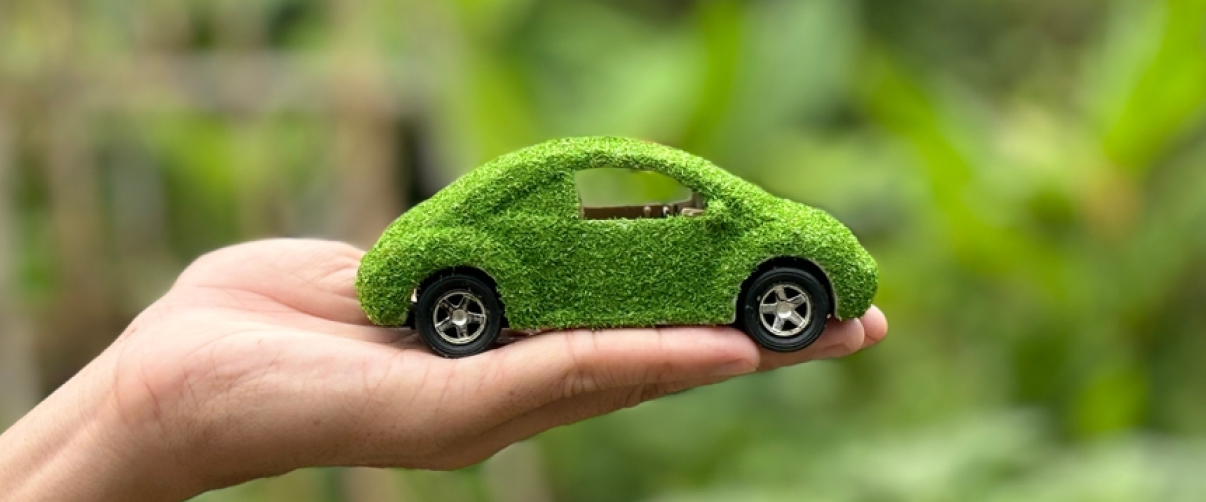Hybrid cars have been heralded as a revolutionary step towards greener transportation since the debut of the Toyota Prius over two decades ago. With over two million units sold worldwide, hybrids have become a popular choice for eco-conscious consumers aiming to reduce their carbon footprint without significantly altering their driving habits. However, with the rapid advancement of electric vehicles (EVs), questions arise: Are hybrid cars truly as green as they seem, or are EVs the more sustainable choice?
The Environmental Impact of Hybrid Cars: Are They as Green as EVs?

The Popularity of Hybrids
The allure of hybrids lies in their improved fuel economy and lower emissions compared to traditional gasoline cars. Shoppers often choose hybrids over all-electric vehicles due to their convenience and familiarity, eliminating the need for charging infrastructure and alleviating range anxiety associated with EVs.
The Manufacturing Dilemma
Despite the operational efficiencies of hybrids, concerns have been raised about the environmental impact of their production. The manufacturing process of hybrids, particularly the production of batteries, is more energy-intensive and results in higher emissions compared to conventional vehicles. The construction of hybrid batteries requires mining for materials like nickel, cobalt, lithium, and rare-earth metals, which is energy-intensive and environmentally detrimental. These metals are often sourced from regions with lax environmental protections, leading to significant ecological damage.
Operational Emissions: Hybrids vs. EVs
When it comes to emissions during operation, hybrids outperform conventional gasoline vehicles. Over a typical driving lifetime of 160,000 miles, hybrids consume significantly less energy and emit fewer greenhouse gases. While a conventional car emits approximately 1.1 pounds of greenhouse gases per mile, a hybrid emits about 0.75 pounds, resulting in considerable lifetime emissions reductions. However, EVs have the potential to offer even greater emissions reductions. All-electric vehicles produce zero tailpipe emissions and are more energy-efficient than hybrids. The overall environmental benefit of EVs depends on the source of electricity used for charging. In regions where electricity is generated from renewable sources, EVs can significantly outperform hybrids in terms of emissions.
Charging Infrastructure and Technological Advancements
A traditional advantage of hybrids over EVs has been the convenience of not needing charging infrastructure. However, with the rapid expansion of charging networks, this gap is closing. Significant developments are underway, such as Tesla’s plans to open its charging network to non-Tesla vehicles and government initiatives to increase EV charging stations. As charging becomes more accessible, the practicality of owning an EV is enhancing, reducing the reliance on hybrids.
Economic Considerations
From a financial perspective, hybrids typically have lower initial purchase costs compared to EVs due to the expensive batteries required for electric vehicles. However, EVs benefit from lower operational costs, including fuel and maintenance expenses. As EV technology advances and battery costs decrease, price parity between EVs and hybrids is anticipated, making EVs a more attractive option for consumers.
The Future of Transportation
Automakers are increasingly shifting focus towards fully electric vehicles. Companies like Volkswagen, General Motors, and Ford have announced plans to phase out hybrids in favor of EVs. The trend suggests a predominantly electric future for transportation, with hybrids playing a diminishing role. The environmental advantages of EVs, coupled with advancements in technology and infrastructure, are driving this shift.
Conclusion
While hybrids have played a significant role in promoting fuel efficiency and reducing emissions compared to conventional gasoline vehicles, advancements in EV technology and infrastructure are challenging their position as the greener choice. Considering the environmental impact of manufacturing, operational emissions, and the rapid development of charging networks, EVs are poised to be the more sustainable option moving forward. Consumers aiming to make the most environmentally friendly choice may find that transitioning directly to electric vehicles offers greater benefits in the fight against climate change.
Interested in making the switch to an electric vehicle? Explore the latest EV models and take a step towards a greener future.











